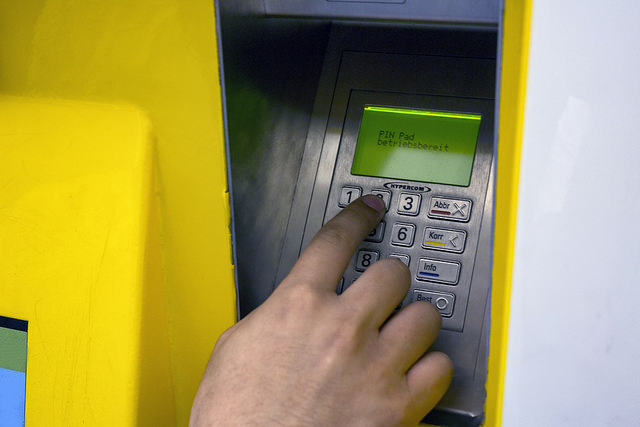The AARP Fraud Watch Network has issued a warning for consumers to watch out for four scams that were popular in 2014 and are likely to continue into 2015.
The four scams, how they work, and what to do if you are a victim:
IRS SCAM
How it works: Tax season will be soon upon us, and scammers posing as IRS officials continue to call, saying you owe taxes and better pay up. They threaten to arrest or deport people, revoke a license, or even shut down a business. How do they do it? By rigging caller ID information to appear as if the IRS is calling, and sometimes even making a follow-up call claiming to be the police or the DMV.
What to do: But remember, the IRS will not call you on the phone; if they need to start a conversation with you, they will do it by official paper mail. However, if you owe — or think you owe — federal taxes, call the IRS at 800-829-1040 or go to irs.gov; IRS workers can help you with your payment questions.
TECH SUPPORT SCAM
How it works: A technical support scam usually starts as a phone call from a person pretending to be with “Microsoft” or “Windows” who tries to trick victims into believing that their computer is infected or is “sending signals” that there is a problem. Then the sales pitch starts, with the caller trying to convince the consumer to download worthless software or let the “technician” remotely access your computer. The fraudsters charge for their “help” and sometimes install malware on computers while they have them under their control, allowing the cons to steal your money and/or your personal information.
What to do: If you think you have been a victim of this scam, download legitimate security software and then run it to scan your computer for viruses and malware. Change any passwords you gave out. If you paid for a service with a credit card, call your provider to stop/reverse the charges. You can also file a complaint with the Federal Trade Commission at ftc.gov/complaint.
JURY DUTY SCAM
How it works: The phone rings, you pick it up, and the caller identifies himself as an officer of the court. He says you failed to report for jury duty and that a warrant is out for your arrest. You say you never received a notice. To clear it up, the caller says he’ll need some information for “verification purposes”—your birth date, Social Security number, maybe even a credit card number. Facing the unexpected threat of arrest, victims are caught off guard and may be quick to part with some information to defuse the situation.
What to do: Hang up the phone and call the local police to report the incident. Court officers never ask for confidential information over the phone; they generally correspond with prospective jurors by mail.
GRANDPARENT SCAM
How it works: You get a phone call from someone saying that your grandchild or another loved one is in trouble. The con artist exploits the love and generosity of the grandparent by pretending to be a grandchild or someone helping the grandchild in need of emergency funds. The fraudster convinces the grandparent that they are helping a grandchild pay for transportation home from a foreign country, for medical treatment, or bail.
What to do: Don’t fall for it. Independently check on the status of your family member first; don’t provide any personal information; and don’t wire any money. If you have gotten a call like this contact your local Attorney General’s Office (naag.org).
To receive scam alerts, sign up for the AARP Fraud Watch Network here.
Photo by Daniel Foster




